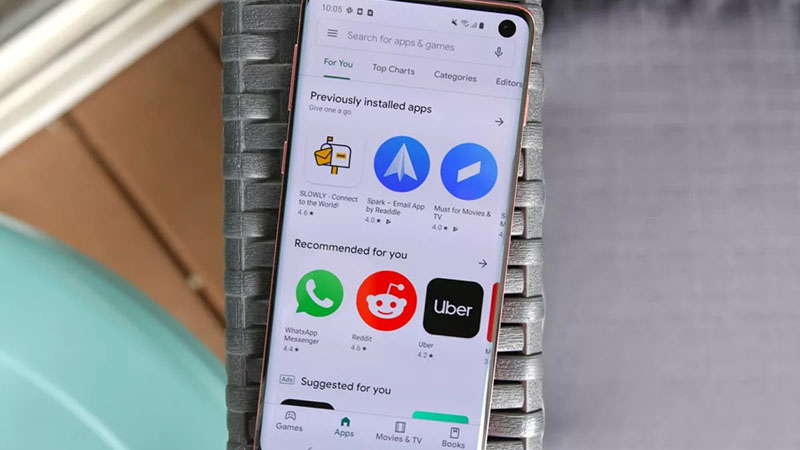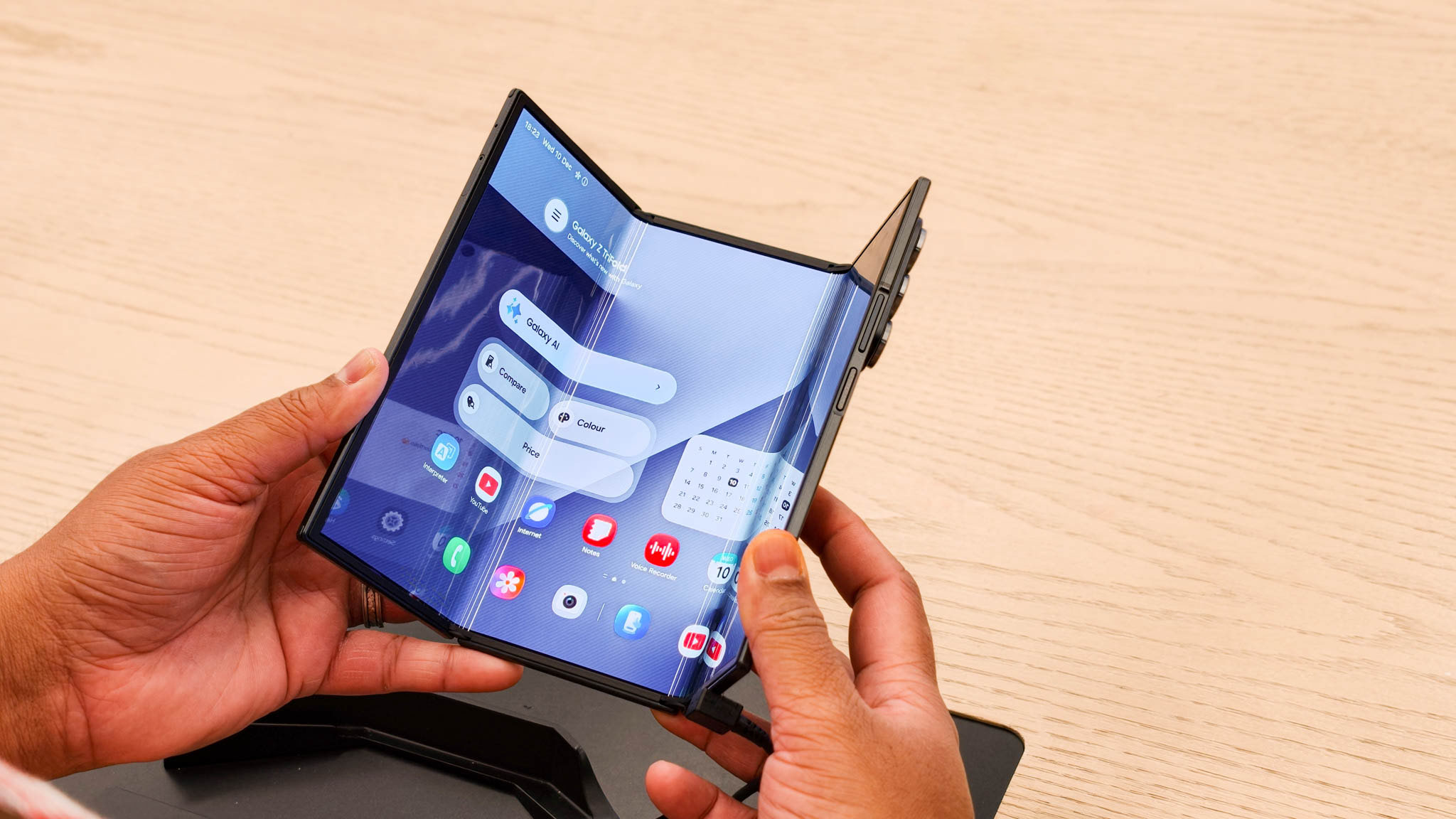Privacy firm reveals that many shopping apps give ad networks access to your phone
65.2% of shopping apps are said to be sharing access to your device.

What you need to know
- Hundreds of shopping apps have been found to share access to users' phones with ad networks.
- Privacy protection company, Incogni, has found in a study that 65.2% of shopping apps with access to your device automatically relay these permissions to ad libraries.
- Many of these apps apparently have access to your contacts, audio recordings, location, calendar events, and more.
If you've installed plenty of shopping apps in your phone, you might be in for a disappointment, as a new study has revealed that two-thirds of those apps share access to your device with ad libraries and ad networks.
According to data privacy service firm, Incogni, many popular shopping apps on the Google Play Store can potentially affect your online privacy and security by automatically sharing their permissions to ad networks. The firm analyzed 640 apps and found that 65.2% of them share access to users' devices with ad libraries.
"Incogni found that two-thirds of shopping apps share permissions with an average of 1.8 ad libraries," the company said in a press release. "Any apps that use ad libraries automatically share all their permissions with those ad libraries and their associated ad networks."
Many of these apps require access to your phone's contact list, location, images and videos, text messages, audio recordings, and more. If you've granted any of those apps to access those pieces of information, chances are that ad networks may have already accessed them as well. Incogni says four out of 5 (83%) of the shopping apps analyzed request permissions.
"Unfortunately, Android systems don’t distinguish between the host app and ad library permission use and won’t prevent the ad library from using all permissions given to the app," Incogni adds. "This can pose a significant risk to users. While an app may be harmless on its own, the ad libraries it includes could contain harmful or invasive code."
The company advises consumers to shop directly through a retailer's website instead of browsing products via their apps.
Get the latest news from Android Central, your trusted companion in the world of Android

Jay Bonggolto always keeps a nose for news. He has been writing about consumer tech and apps for as long as he can remember, and he has used a variety of Android phones since falling in love with Jelly Bean. Send him a direct message via X or LinkedIn.
